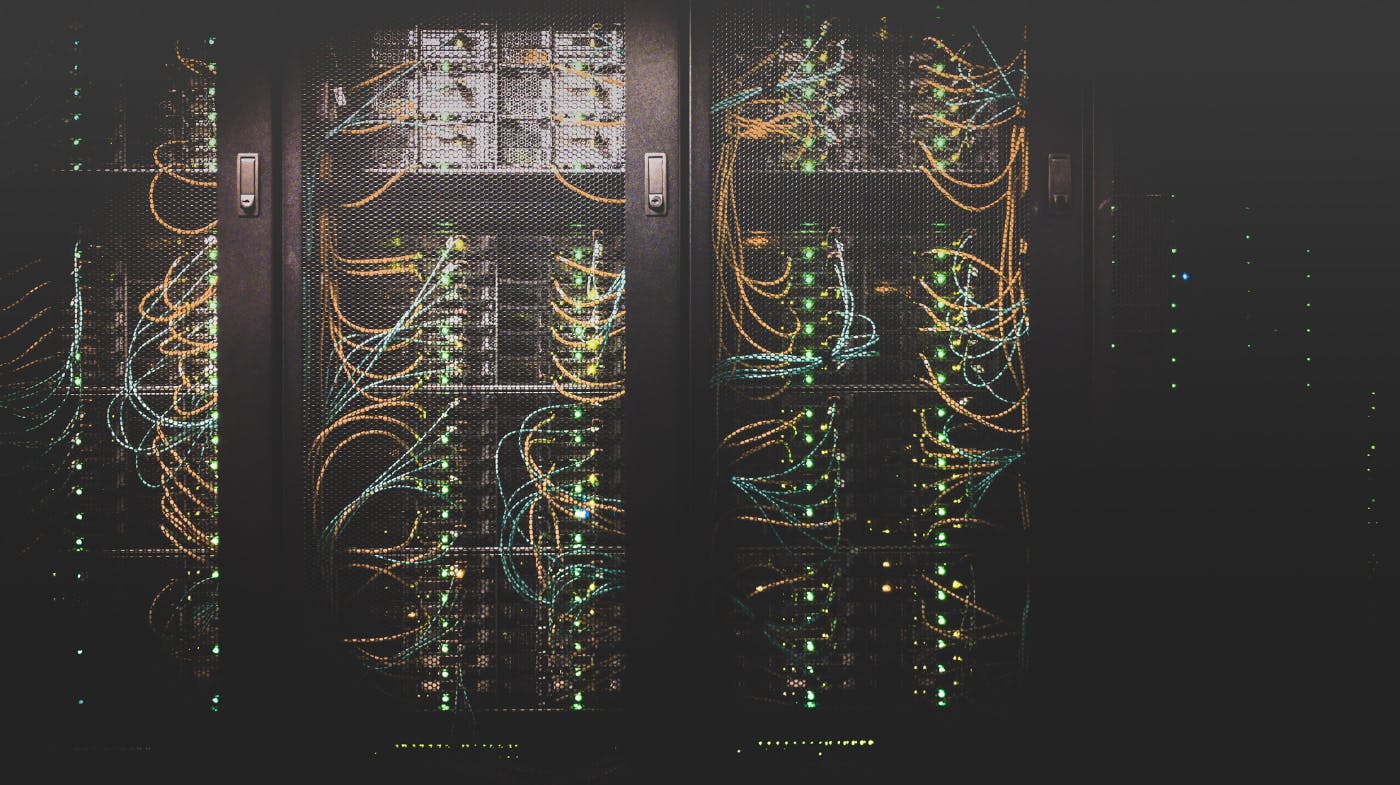322 reads
Web Scraping for Good: Utilising the Power of Data Ethically
by
December 28th, 2023
Audio Presented by

CEO @ Oxylabs. Covering topics on web scraping, big data, machine learning, tech trends & business leadership.
Story's Credibility



About Author
CEO @ Oxylabs. Covering topics on web scraping, big data, machine learning, tech trends & business leadership.
